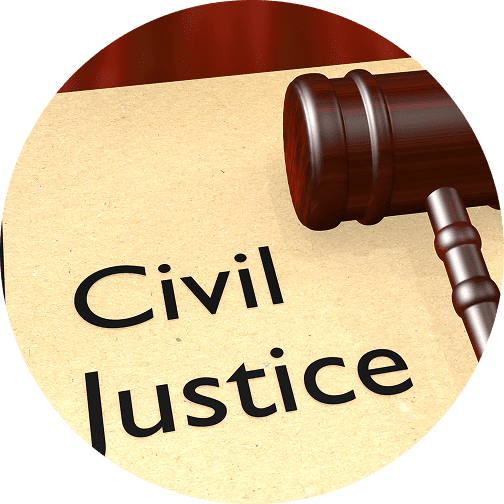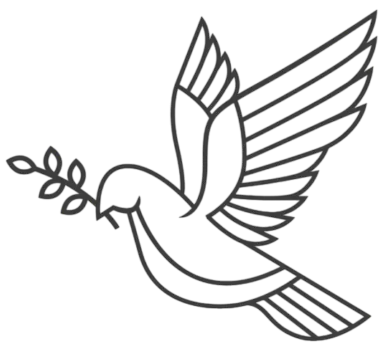
A rising tide
Originally published in Utah Business.
As a college student interning in Washington, D.C., I heard a friend offer a view of conservatism and liberalism that still affects me decades later. She said our job as responsible citizens is to conserve ideas that are right and true and liberate ideas that are right and true. This simple concept is a guiding light for me in public policy deliberations. Public policy is informed by ideology, but should not be controlled by it. The best public policy occurs when we draw the best ideas from the left and the right to avoid or solve complex problems. We are fortunate to live in a state that does this quite well.
I’m not alone in this viewpoint. This month The Economist magazine featured Utah in an article subtitled, “Some lessons in practical conservatism from the desert West.” In it, the authors chronicled the Beehive State’s track record in passing anti-discrimination legislation, changing drug offenses from felonies to misdemeanors and redirecting the savings toward treatment for the mentally ill, providing housing for the homeless, and allowing driver’s licenses for undocumented immigrants.
There are more public policy interventions I would add to this list. We have invested in public transit in a big way, crafted the Utah Compact to inform Utah’s immigration discussion, invested in high quality preschool through a pay-for-success model, and just recently modernized our motor fuel tax so we can wisely invest in transportation infrastructure. As the article in The Economist stated, “Utah is quietly forging a model of constructive Republicanism.”
I had never heard the term “constructive Republicanism” before, but immediately it rang true. It could just as well read “constructive liberalism.” Ideology is important; problem-solving is more important. At some point we are all Americans or Utahns trying to live a better life together. It is right and true to see a problem, bring people from diverse perspectives together, talk through potential solutions, and then act. When any person or party believes they have a monopoly on good ideas we have a problem. This is the poison that has sickened Washington, D.C.
The Economist article plays off Utah’s reputation for missionary zeal by encouraging the state to export the Utah model of policymaking. Interestingly, Utah has an extraordinary opportunity during the next year to do so. Gov. Gary Herbert will soon serve as the chairman of the powerful and prominent National Governors Association. Mayor Ralph Becker is the current president of the influential National League of Cities. This summer, state Sen. Curt Bramble will become president of the widely respected and bipartisan National Conference of State Legislatures. And Salt Lake Chamber President and CEO Lane Beattie serves on the board of directors for the U.S. Chamber of Commerce, arguably the most powerful business lobbying group in the world.
In addition to these national leadership opportunities, I look to rising political stars in Utah who embrace a roll-up-your-sleeves and solve problems style of politicking. Lt. Gov. Spencer Cox was quoted in The Economist saying, “Our brand of conservatism is … very practical.” Those who work closely with Cox describe him as a smart, hardworking, consensus builder who exemplifies the calling of public service. On the Democratic side, Salt Lake County Mayor Ben McAdams receives equal praise. They both embody what is right about public service in Utah.
We shouldn’t look past the places where we fall short. Utah still hasn’t implemented the right policy interventions to curb our air quality problem. Many Utah families lack health insurance. Public land battles continue to challenge our state.
In these and other vexing issues, I would humbly suggest we seek to listen before pointing fingers and strive to learn from others who have been shaped by different experiences. Most simply, let’s ask the question: what is right and true? Then, consider what you can do about it either as a constructive Republican, a productive Democrat or another ideology of your choice. It’s not ideology but action that makes a great state.

